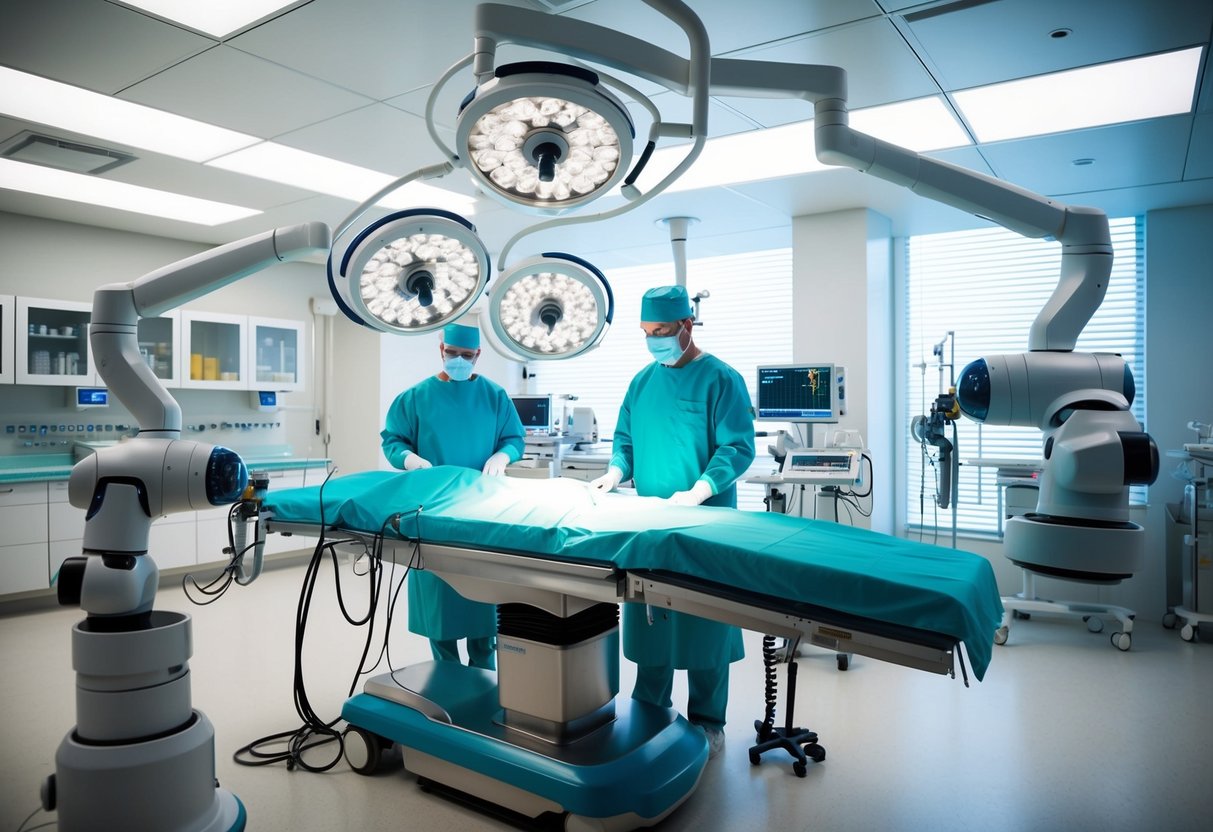
Wearable Tech and Its Influence on Health Outcomes
Wearable technology has transformed the way health data is collected and analyzed. By providing real-time monitoring and personalized insights, these devices contribute significantly to improved health outcomes and disease management.
Advancements in Wearable Technology for Health Tracking
Wearable devices like fitness trackers and smartwatches are at the forefront of health tech innovations. They offer detailed tracking of vital signs such as heart rate, blood pressure, and oxygen levels. Continuous monitoring enables early detection of potential health issues, aiding in prevention strategies.
Innovations have made these devices more user-friendly and accurate. They connect seamlessly with smartphones and other devices, allowing users to easily view and analyze their health data. This accessibility encourages proactive health management, as individuals can promptly respond to abnormalities.
Remote Monitoring and its Effects on Chronic Disease Management
Remote patient monitoring is reshaping chronic disease management. It allows healthcare providers to track patients’ health metrics from a distance, ensuring timely interventions. For patients with conditions like diabetes or hypertension, consistent monitoring can prevent complications by maintaining control over key health indicators.
Wearable devices facilitate adherence to prescribed treatment plans. They remind patients to take medications or engage in physical activities, enhancing treatment effectiveness. Additionally, remote data sharing reduces the need for frequent hospital visits, saving time and resources for both patients and providers.
Evolving Healthcare with AI-Powered Precision Medicine
AI applications in healthcare are transforming patient care by offering personalized treatment plans and enhancing genomic data interpretation. These advancements contribute to more efficient healthcare delivery and predictive care strategies.
Personalized Treatment Plans Through AI Analysis
Precision medicine leverages AI analysis to tailor treatment plans specifically to individual patient needs. By utilizing vast datasets, AI can assess patient history, lifestyle, and clinical data to recommend optimal therapies. Healthcare providers benefit from AI’s ability to quickly analyze complex data, identifying patterns that might not be evident through traditional methods.
This approach allows for more precise treatment interventions, reducing the risk of side effects and improving patient outcomes. Moreover, AI-powered systems can continuously update treatment plans as new information becomes available, ensuring that healthcare delivery stays aligned with the latest medical insights. This dynamic methodology enhances the effectiveness of patient care.
Genomic Data Interpretation and Predictive Care Strategies
Precision medicine significantly benefits from AI’s capabilities in genomic data interpretation. AI algorithms can analyze genetic information to identify biological markers that predict disease susceptibility and drug response. This information is crucial for developing predictive care strategies that focus on prevention rather than treatment alone.
Additionally, AI’s role in genomic data analysis simplifies the process of identifying hereditary conditions, offering valuable insights into potential health risks. Healthcare providers can personalize care strategies based on these insights, enabling more proactive and informed patient care decisions. AI’s involvement in unraveling complex genomic data not only enhances diagnostic accuracy but also paves the way for innovative therapies and personalized healthcare solutions.
AI Surgeons and Robotics in the Operating Room
The integration of AI and robotics in surgery has introduced significant changes, enhancing precision and reducing the likelihood of complications. These technologies have the potential to revolutionize procedures ranging from minor interventions to complex vascular surgeries.
Robotic Assistance and Accuracy in Complex Surgeries
Robotic systems equipped with AI are transforming how complex surgeries are performed. They ensure enhanced precision, making minute and meticulous movements that surpass human capability. This is particularly beneficial in vascular surgeries, where precision is crucial to avoid damaging delicate blood vessels.
Computer vision technologies aid surgeons by providing real-time imaging, allowing them to visualize the surgical field with unparalleled clarity. By offering continuous feedback and guidance, these systems improve surgical outcomes and reduce error rates. Moreover, robotics with AI assistance can lead to shorter recovery times for patients due to the minimally invasive nature of many robotic-facilitated procedures.